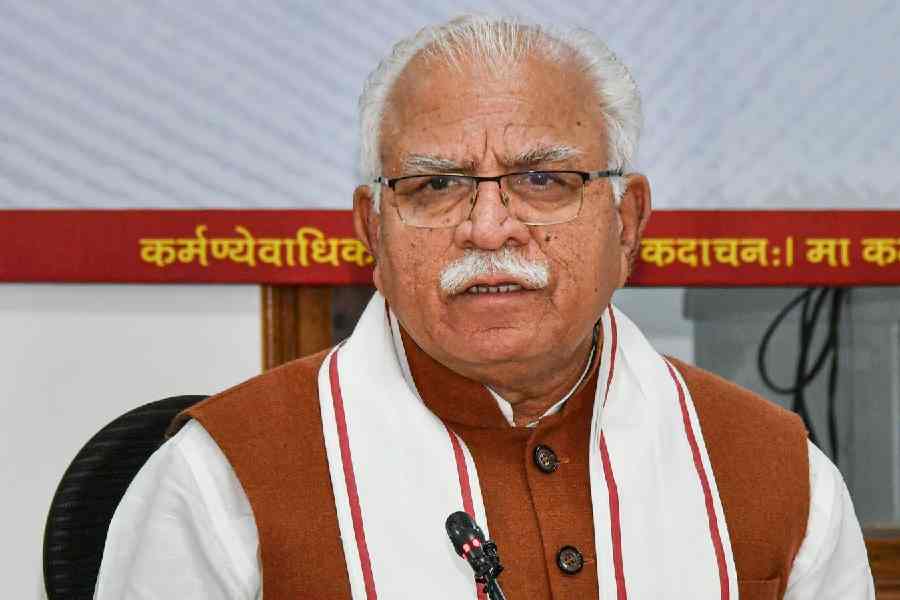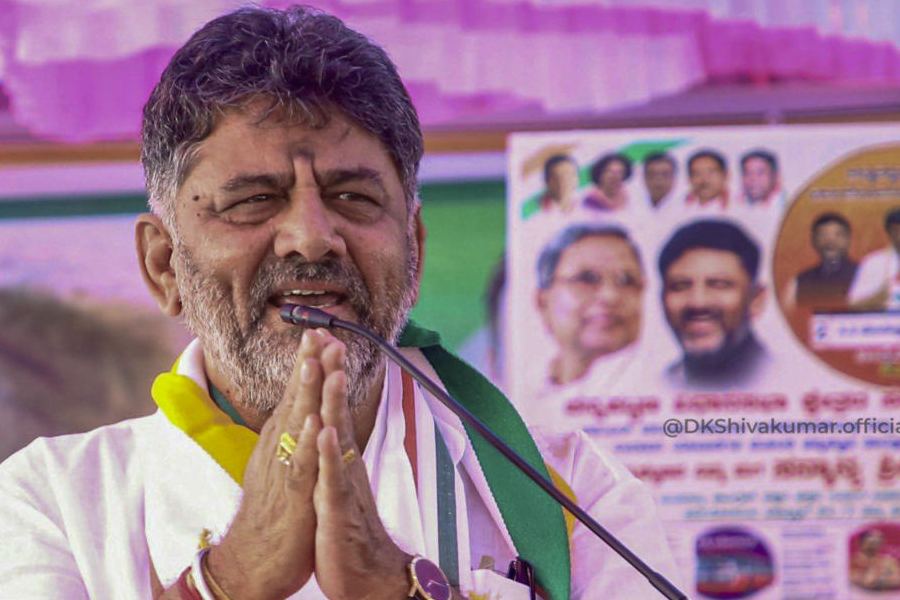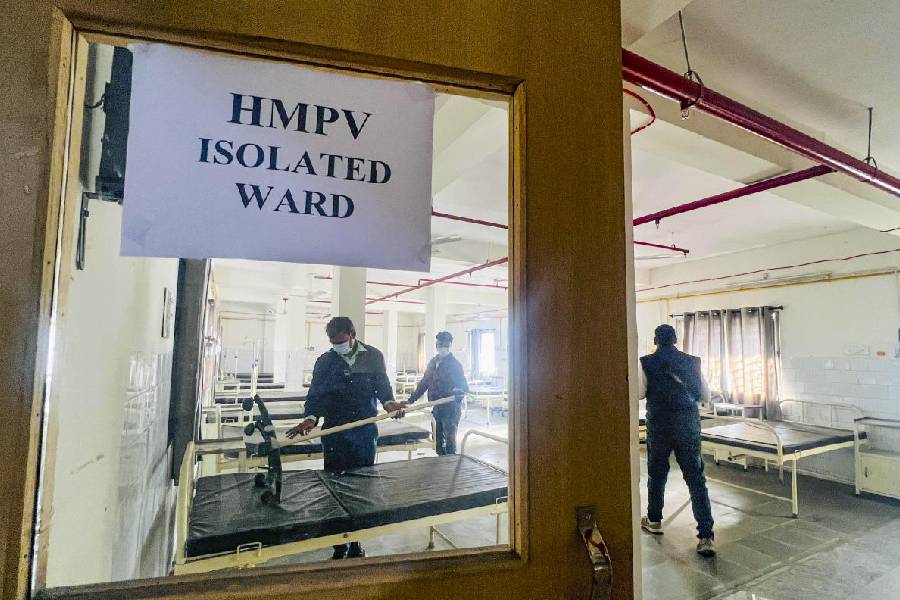In the topsy-turvy world of politics, the carrot is often followed by the stick. Haryana witnessed this lightning quick change in political fortune recently. A day after the prime minister, Narendra Modi, heaped praise on Manohar Lal Khattar during the inauguration of the Dwarka Expressway, the latter found himself out of the chief minister’s chair with Nayab Singh Saini succeeding him. Also dumped was Dushyant Chautala’s Jannayak Janta Party, which had ironically been the Bharatiya Janata Party’s saviour, helping it to form the government after the last assembly election. The BJP has not only broken its alliance with the JJP but also weakened its ally: there is a buzz that some JJP legislators could cross over to the saffron party. All of this has, of course, been done with an eye on the upcoming elections — national as well as for the state assembly. Mr Khattar’s ouster, the BJP has calculated, would insulate the party from any anti-incumbency; incidentally, the BJP has not been averse to changing serving chief ministers for this very reason. But the real math lies in the compulsions of social engineering. Mr Saini’s elevation is meant to consolidate the support of the other backward classes and non-Jat communities. This has become a necessity because the Jat constituency is cut up with the BJP over a number of issues. Mr Modi’s apathy towards the farmers’ protest as well as the BJP’s insensitive handling of the allegations of sexual misconduct against women wrestlers are among the factors that have alienated the BJP from the Jats who have a sizeable electoral presence. The BJP believes that a counter mobilisation of OBCs could neutralise this disadvantage.
What the JJP’s fate has shown, once again, is the BJP’s self-centred — cynical — use of its allies. Repeatedly, the BJP’s partners — the erstwhile Shiv Sena, Shiromami Akali Dal, Peoples Democratic Party in Kashmir and even Nitish Kumar’s Janata Dal (United) — have found themselves cut to size after forming alliances with the former. Yet, the perverse magnetism of power is such that the BJP’s outreach towards allies continues to yield favourable responses. The Telugu Desam Party in Andhra Pradesh is a case in point. The Biju Janata Dal in Odisha, the Akalis in Punjab and the JD(U) in Bihar have not spurned the BJP either. It remains to be seen whether the BJP would desist from clipping the wings of these parties in the future.











